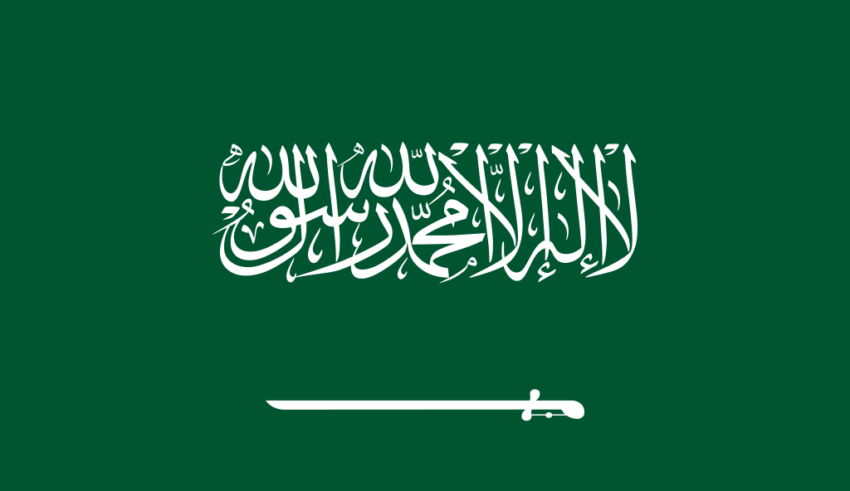
Saudi Arabia has long sought a leadership role in Middle Eastern diplomacy, leveraging its economic strength, strategic alliances, and religious significance. Only in January 2025 did the country mediate meetings with the US and Russia, and another one involved the Ukrainian president, an emergency Arab League summit to discuss postwar reconstruction plans for Gaza, and it opened a discussion on regional security assistance for post-Assad Syria. However, the question of whether it possesses sufficient regional trust to effectively act as a peace broker remains contentious, mostly for its alliance with Western powers, particularly the United States.
Saudi Arabia’s economic power, as the world’s top oil exporter, gives it considerable leverage in regional affairs and has created an intense patriotism because of the sudden enormous inflow of wealth. Moreover, politically, it is applying the “zero problems” doctrine, which advocated for a foreign policy that sought to minimize conflicts with neighbouring countries, acting neutral in regional disputes while prioritizing economic and diplomatic ties. For instance, the Kingdom has often positioned itself as a leader of the Arab and Islamic world, shaping Middle Eastern politics through organizations like the Gulf Cooperation Council (GCC) and the Organization of Islamic Cooperation (OIC).
But if on one side the kingdom is displaying itself as a regional guarantee for peace and stability, based on dialogue, political partnership and economic collaboration, on the other it still encounters scepticism and distrust.
The country arose as a local superpower also thanks to its close alliance with the US, when the recognition of the economic importance of oil resources led to the first meeting between President Roosevelt and the Saudi monarch, later reinforced with the 1993 exclusive deal with American companies for oil exploration and exploitation. As such, the relationship between the US and Saudi Arabia, followed by close alliance with Israel, is seen as an obstacle to the country’s neutrality and unbiased participation in regional conflicts, as it might just be advancing US geopolitical interest in the area.
Indeed, traditional allies and regional players, such as the Palestinians, have criticised the Kingdom’s involvement in several conflicts, as considered a strategic plan to favour its national interests. Also, its involvement in Yemen’s prolonged conflict has drawn criticism for exacerbating humanitarian conditions. Finally, its historical rivalry with Iran, although recently tempered by diplomacy, has left serious doubts about its ability to foster lasting regional unity.
So while Saudi Arabia has the economic and political means to position itself as a leading diplomatic force, trust remains a significant hurdle. Its ability to lead Middle Eastern diplomacy will depend on maintaining a consistent and inclusive approach, addressing concerns about its past interventions, and proving its commitment to long-term regional stability. The kingdom’s diplomatic future stands on its ability to balance competing interests and rebuild trust among its neighbours: in particular, it needs to show and guarantee full commitment to a neutral position with the sole goal of reaching peace and maintaining stability.
By The European Institute for International Relations














